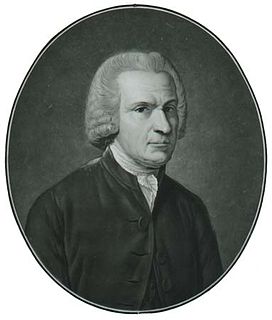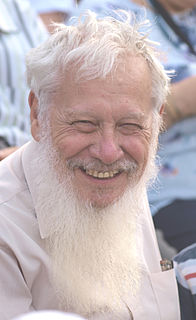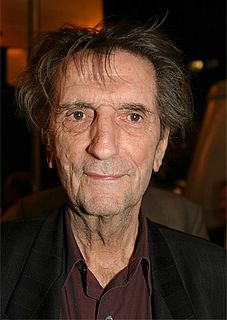A Quote by Lionel Shriver
In a country that doesn't discriminate between fame and infamy, the latter presents itself as plainly more achievable.
Related Quotes
Crime, violence, infamy are not tragedy. Tragedy occurs when a human soul awakes and seeks, in suffering and pain, to free itself from crime, violence, infamy, even at the cost of life. The struggle is the tragedy - not defeat or death. That is why the spectacle of tragedy has always filled men, not with despair, but with a sense of hope and exaltation.
In this world, which is so plainly the antechamber of another, there are no happy men. The true division of humanity is between those who live in light and those who live in darkness. Our aim must be to diminish the number of the latter and increase the number of the former. That is why we demand education and knowledge.

































